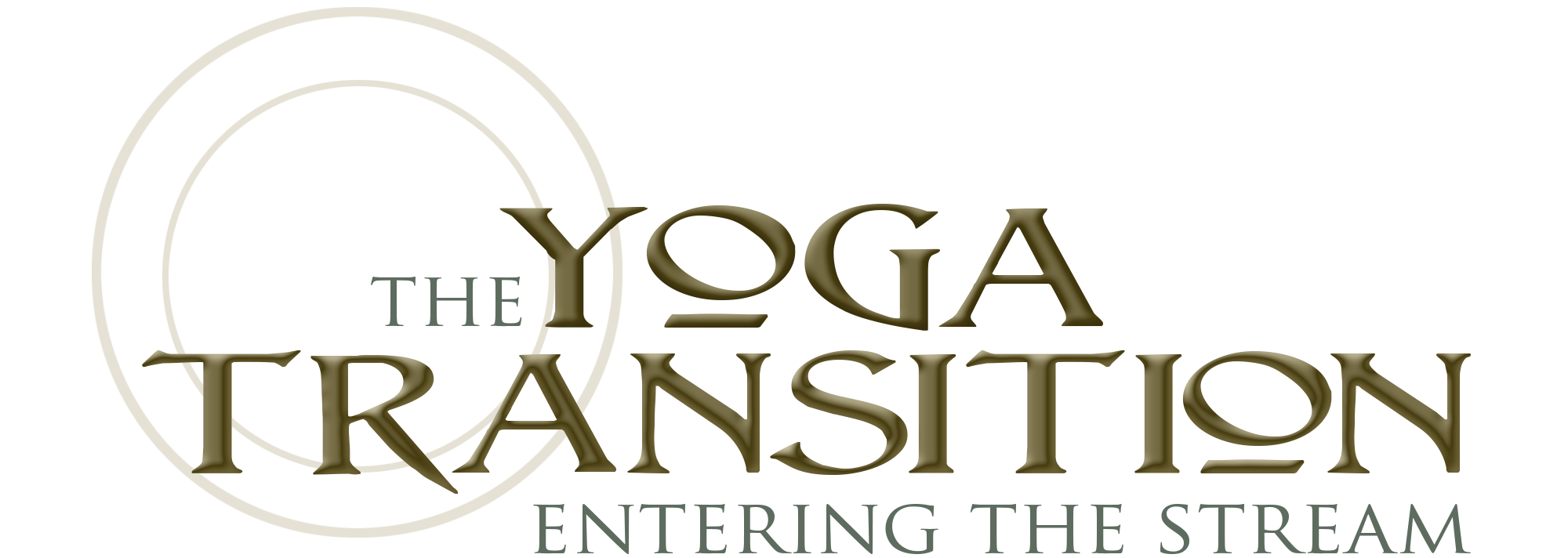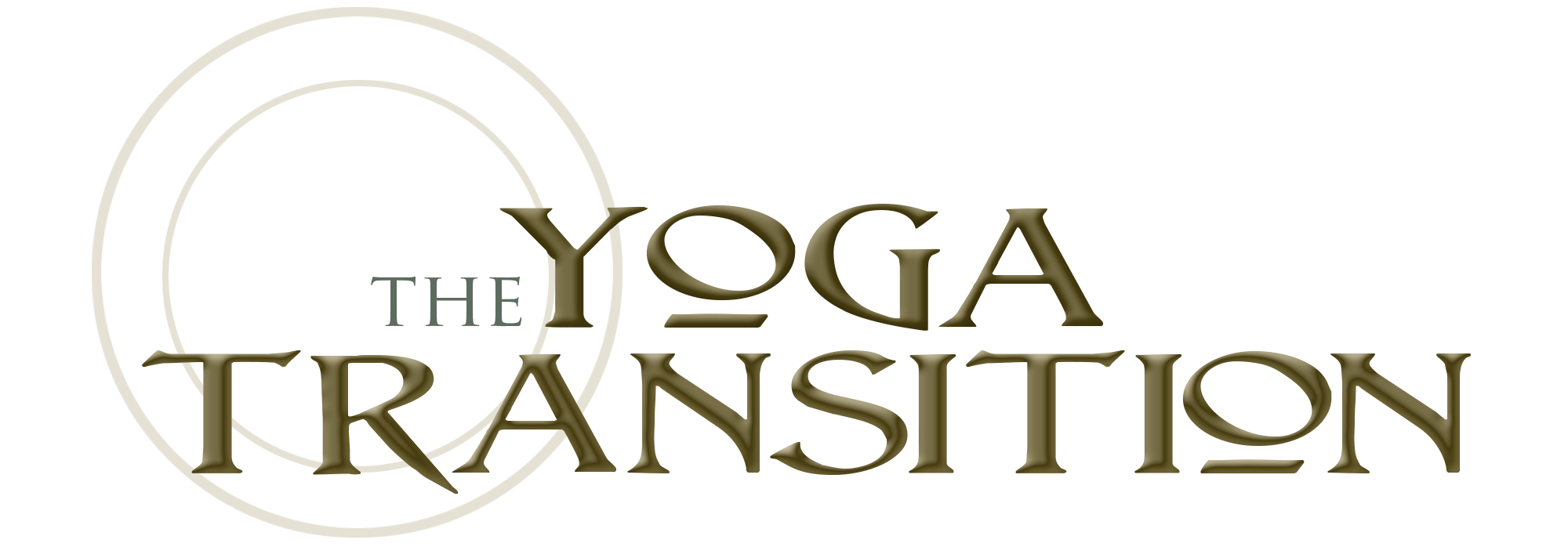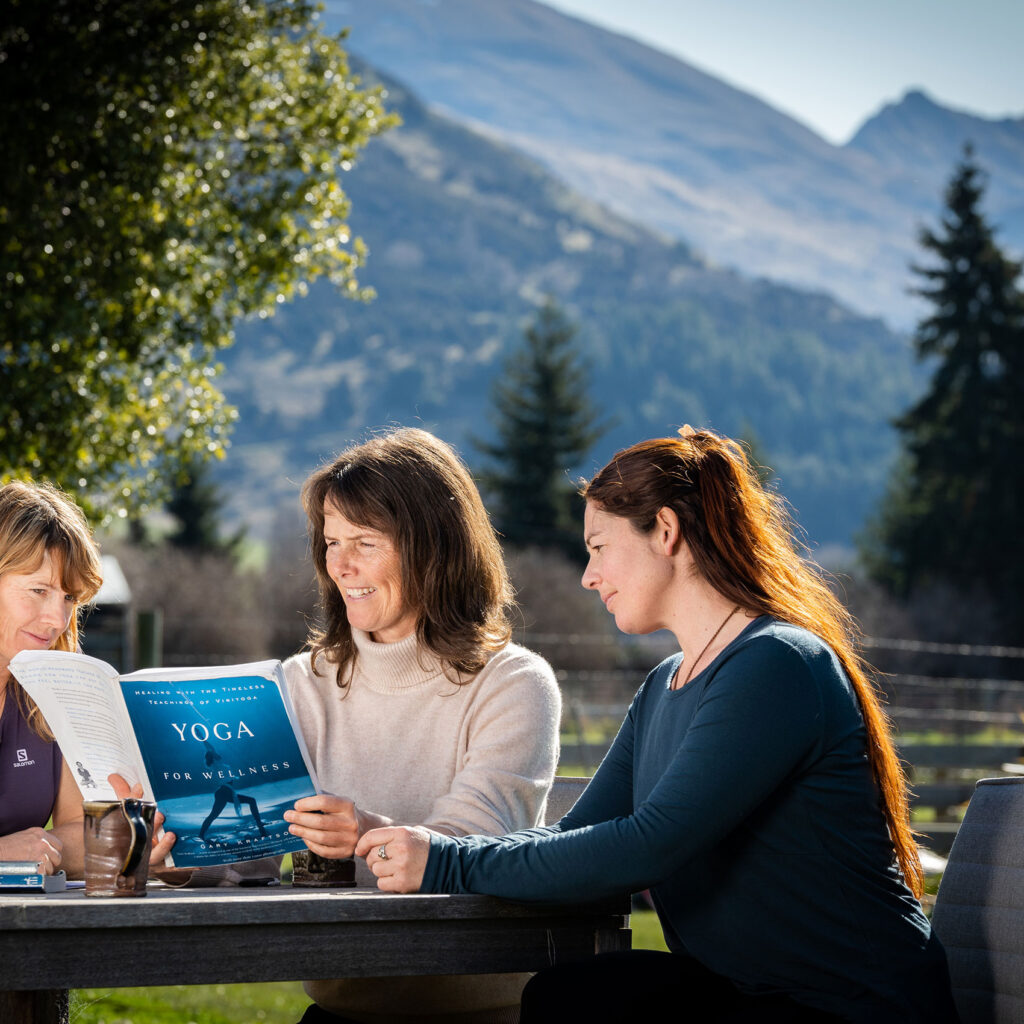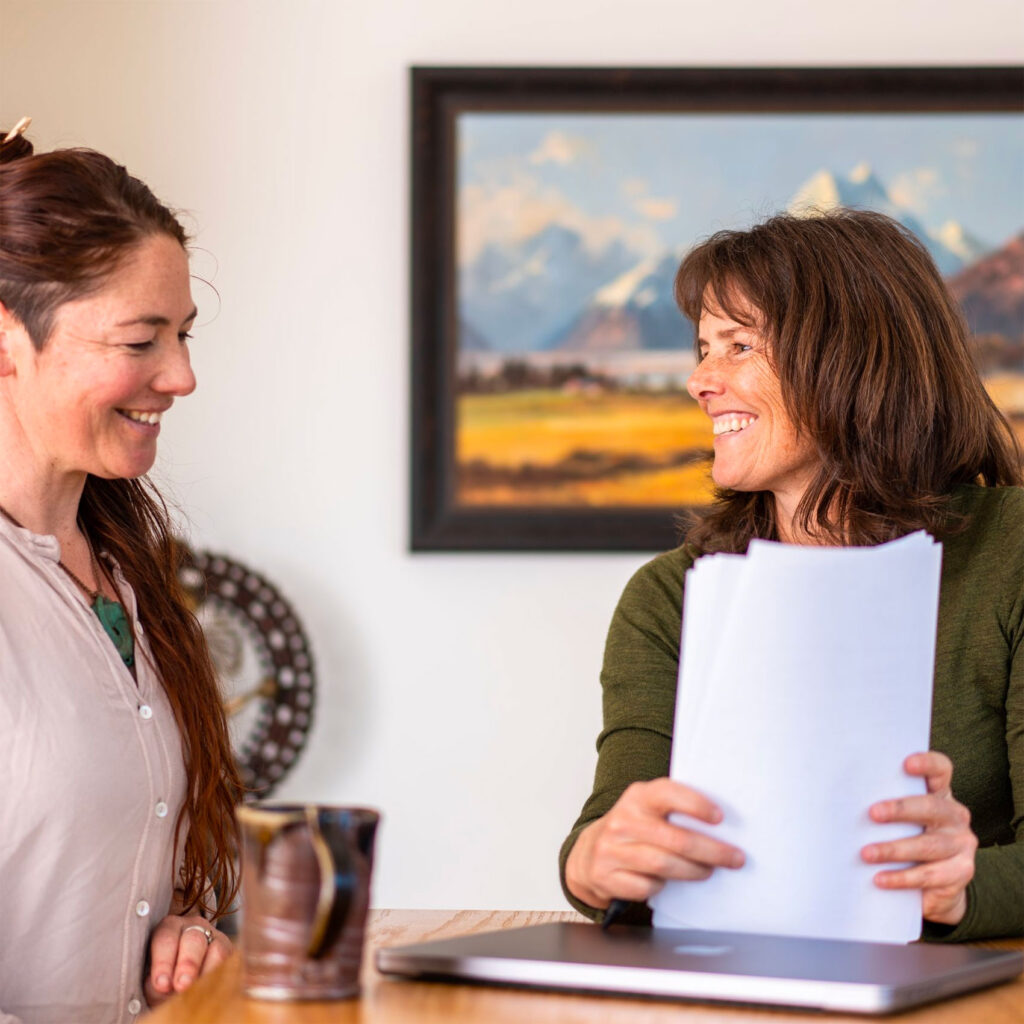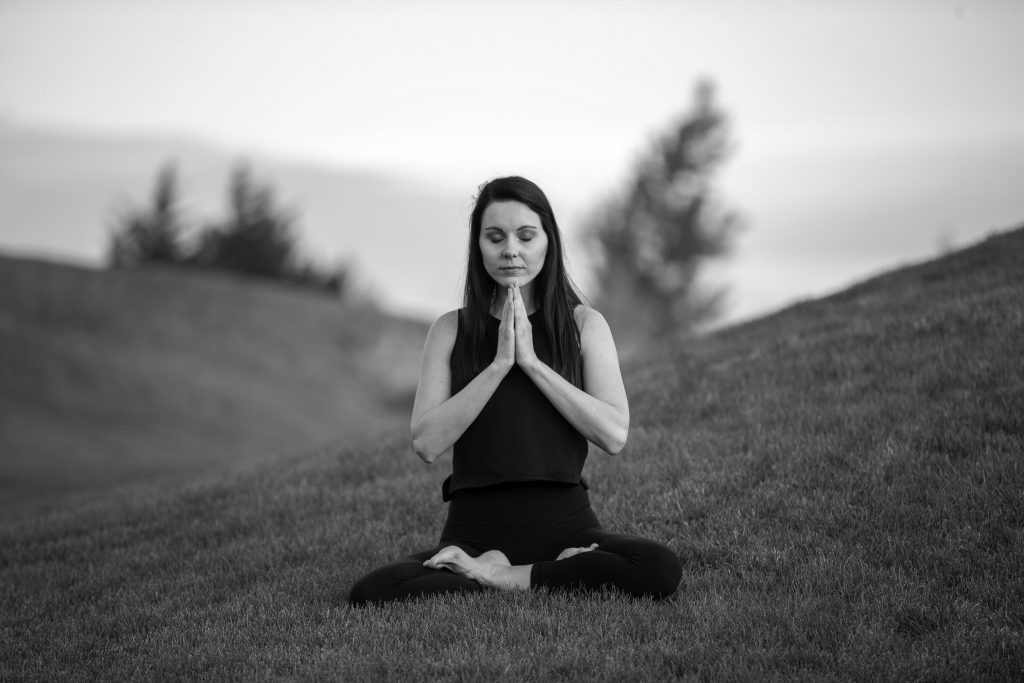
Teaching Yoga To Beginners
With the rise in popularity of yoga in recent years, increasingly, the question is being asked “how do you teach yoga to beginners?”
Teaching Yoga To Beginners
Teaching yoga to beginners sounds easy enough, but any seasoned yoga teacher knows that it’s not as simple as first thought – beginner classes can be challenging to teach, but are also incredibly rewarding.
New students are typically brimming with enthusiasm, but also tend to carry misconceptions of what yoga is all about. Many of those notions are gleaned from TV, social media and group-think without any accurate understanding of the holistic fabric of a yoga practice or the rhythm and makeup of a well thought out yoga sequence.
When we teach yoga to beginners, if we teach an inspirational class then there is the possibility those students will become lifelong yogis. This is super exciting from a teaching perspective as we know personally how precious and transformative this gift can be.
Experienced teachers must understand the needs of newer students, and embrace the opportunity to show all yoga has to offer, beyond just the physical asana/postures – instead revealing a holistic body, mind, and spirit approach.
The Yoga Transition provides guided mentorship and training to help experienced yoga teachers further their professional development, with dedicated modules on teaching yoga to beginners.
Contact us to find out more.
What is the state of mind of a beginner?
Newcomers to the practice of yoga are often in a mixed state of emotions; excited to learn more about this transformative art form, but daunted by just how little they know and the gap in skills and abilities compared to more experienced students.
New yoga students typically tick two or more of the below categories:
- Curious
- Excited
- Unsure
- Confused
- Nervous
- Ambitious
- Reluctant.
New students almost always take several sessions until they feel comfortable – yoga teachers should seek to remove the confusion, doubt, and nervousness as soon as possible, to empower students with clarity, structure, and provide enjoyment in the practice.
Rapport building is key here, as is the need for empathy, patience, and skillful structured delivery in the form of effective cueing and sequencing. The more clearly the practices are laid out, the more likely we are to get buy-in from students experiencing yoga for the first time.
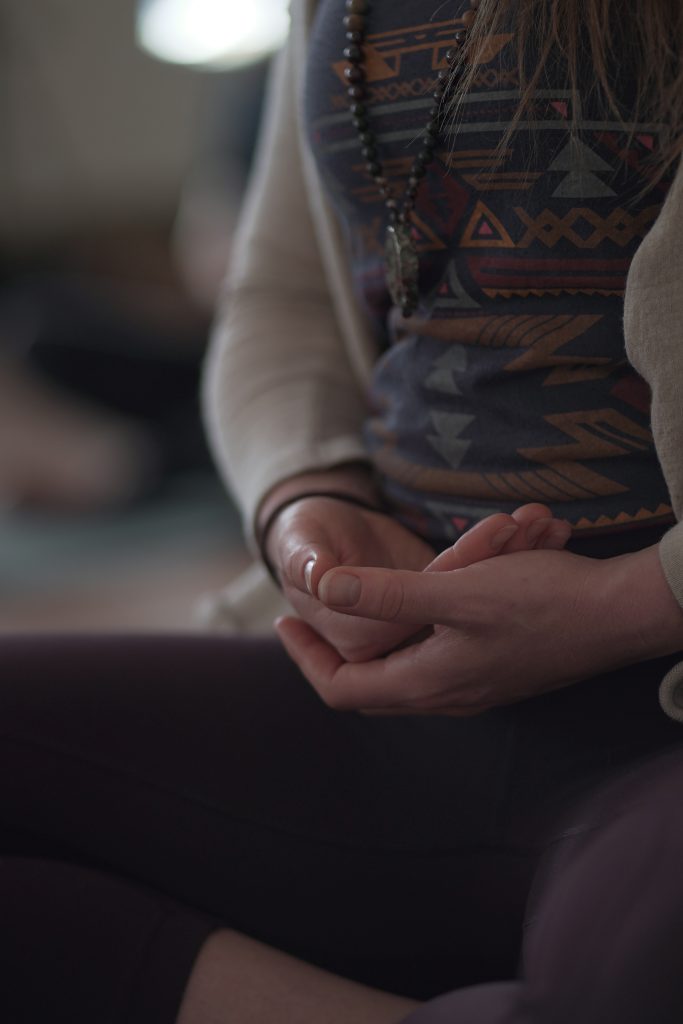
Topics for teaching yoga to beginners
Embracing the art of yoga is one of life’s greatest joys, but, like all things, a good start is key to encouraging ongoing participation and practice.
While there are many different approaches and opinions for how to instruct new yoga students, we wholeheartedly believe that the core fundamental topics we cover help our client teachers to be more effective when dealing with new yoga students.
Some of the topics we focus on for beginner yoga teacher training include:
- Sequencing – How to create safe sequences for beginners, and knowing how to modify those on the spot if needed (which is often!).
- Identification – Learn how to read bodies and breathing patterns of beginners so teachers can give an appropriate class adapting the sequence or postures if required.
- Structure – Vital for teaching any new subjects, we show our client teachers how to create a structured, themed 6 to 8 week beginners yoga course.
- Asana – This section covers yoga asana, and what postures are suitable and not suitable for beginners. For instance, if a student struggles with a particular pose (e.g. vrkshasana – tree pose), we look at ways to break down the biomechanical cues or adapt the pose to make it more accessible.
- Cueing – Learn precise cueing so beginners can follow non-verbal instruction easily; learning how to be varied with cueing, creating personalised cues to meet individual student’s needs. And of course learning when demonstration is required.
- Meditation – Deciding whether meditation is suitable for beginners and if so what technique.
- Making it personal – Among the many soft skills this subtopic covers, learning how to remember clients’ names is paramount in helping new students to feel at home in their new environment.

Why consider mentorship?
Mentoring with a master teacher provides you with a clear path to professional development. You will receive personalised guidance on topics ranging from your personal practice, to your teaching skills, to how to move forward with your yoga career.
Our master teacher Susan Allen has over two decades of yoga practice, teaching, and guidance, and credits her most meaningful growth to the gift of mentoring from the world-class master teachers she has been fortunate enough to study with over the years.
Susan has run multiple yoga studios, teacher trainings, immersions, and retreats, and brings all of this experience to her mentoring. Harnessing her practical and technical skillset, she understands and teaches yoga pragmatically, creating a safe and collaborative space for personal development. She disseminates what she has learnt in easy to digest modules which cover both personal and professional growth goals.
Develop your yoga teaching style with mentorship
Your initial teacher training would likely have touched on the basic principles of how to teach yoga to beginners – but it’s impossible to gain a deep understanding of such a varied and extensive subject in a short amount of time. In addition to educating how best to teach newcomers within a yoga studio setting, there are a vast number of teaching elements we help our professional yoga teacher clients develop.
At The Yoga Transition we celebrate individuality through:
- Steering your practice and teaching in the direction that most interests you
- Encouraging you to discover your unique voice
- Guiding you to develop a teaching methodology that has both integrity and individual authenticity.
Once you have completed your initial teacher training, contact us to find out how mentorship can bring you to the next level.
